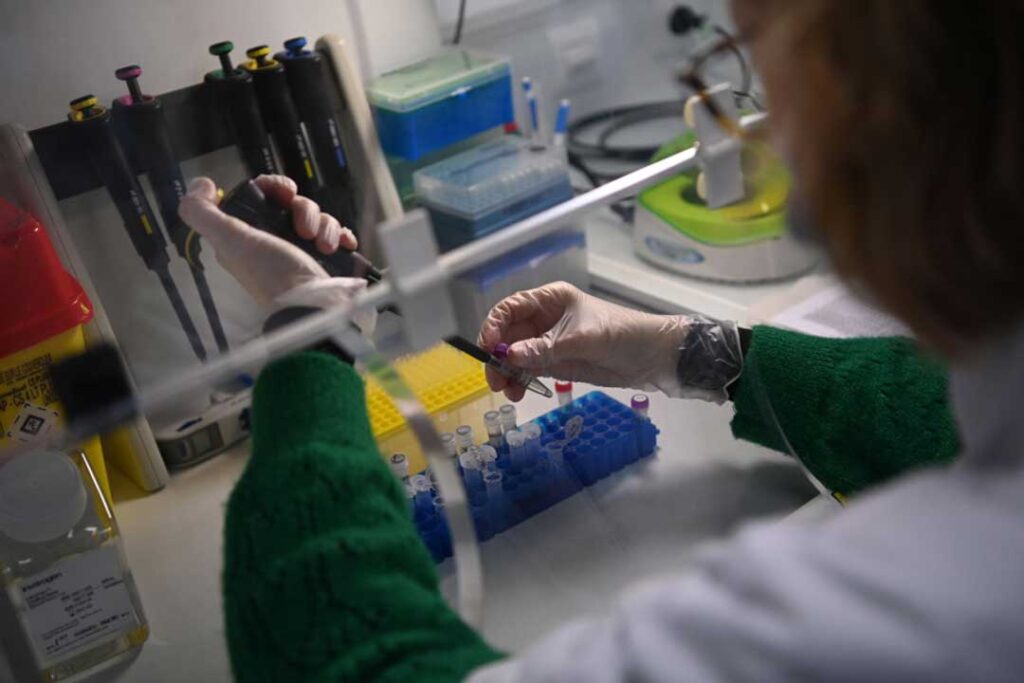ADF STAFF
Researchers are studying the latest variant of COVID-19 to raise concerns among public health experts after it appeared in a man who traveled to France from Cameroon.
The so-called IHU variant, named for the Méditerranée Infection University Hospital Institute in Marseilles where it was identified, is more mutated than the omicron variant but so far has not prompted an alert from the World Health Organization. The WHO labeled the variant, known scientifically as B.1640.2, as a “variant under monitoring” when it turned up about the same time as omicron in late 2021.
Researchers say the IHU variant contains the same mutation that first was seen in the alpha variant and that made it more transmissible.
Unlike omicron, which quickly spread around the world, the IHU variant had infected about a dozen people as of the end of December 2021. All of them lived near each other in southeastern France.
The variant turned up in a person who had traveled from Cameroon, the host of this year’s Africa Cup of Nations football tournament. Scientists were quick to note that the discovery does not mean the variant originated in Cameroon.
The WHO’s COVID-19 incident manager, Abdi Mahmud, told The New York Times that the IHU variant is being monitored and does not seem to have spread much, even though it “has had a lot of chances to pick up.”
In an article about the variant published by the website medRxiv, researchers said it still is early to draw definitive conclusions about the virulence or transmissibility of the IHU variant. But, they added, IHU is a reminder of how easily COVID-19 can travel from country to country.
“These data are another example of the unpredictability of the emergence of SARS-CoV-2 variants, and of their introduction in a given geographical area from abroad,” the authors wrote.
The IHU variant is the latest in a long list of variants of COVID-19 discovered since the pandemic began in early 2020. Although variants such as delta proved extremely transmissible and deadly, other variants, such as eta and C.1.2, have had less impact.
Variants arise as the COVID-19 virus replicates inside an infected person. The more the virus spreads, the more chances it has to find the combination of genetic changes to help it move more easily through a population.
People with weakened immune systems take longer to fight off an infection, producing highly mutated variants as a result. Scientists think that’s what led to the appearance of the C.1.2 and omicron variants.
African public health leaders continue to push residents of the continent to use masks, hand-washing, and social distancing to slow the spread of COVID-19.
Dr. John Nkengasong, director of the Africa Centres for Disease Control and Prevention, recently said his agency will no longer recommend lockdowns to fight the pandemic, noting that they have severe economic repercussions and do little to prevent community spread.
“We should actually be looking at how we use public health and social measures more carefully and in a balanced way as the vaccination increases,” Nkengasong said.

